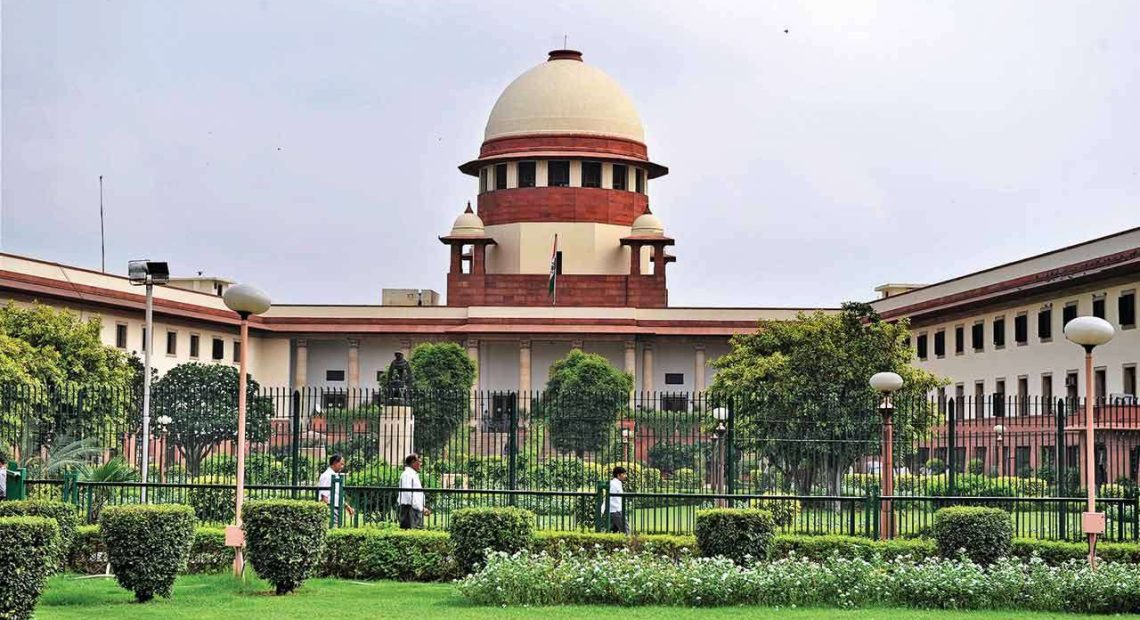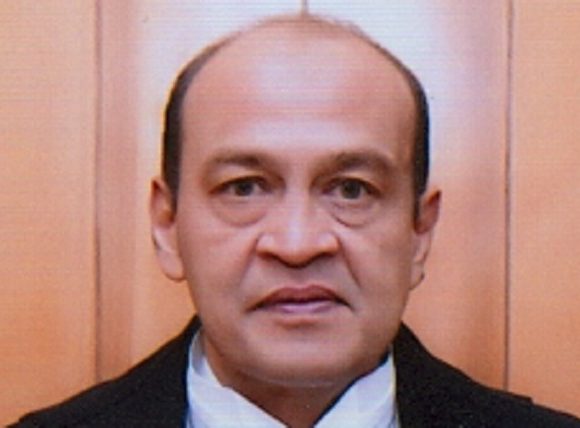
SC Mandates SC/ST Reservation in Supreme Court Staff Recruitment
In a landmark judgment on July 1, 2025, the Supreme Court of India directed that SC/ST reservation norms must be implemented in staff recruitment processes within the Supreme Court registry. This decision marks a major stride toward inclusivity and affirmative action at the highest levels of the judiciary, ensuring proportional representation for historically disadvantaged communities.
Reservation in Court Staff
The Court emphasized that the reservation framework applies not only to judicial appointments but also to administrative and support roles. This includes positions such as clerks, stenographers, court officers, librarians, and other operational staff. The new directive aligns with Article 16(4) of the Constitution, which empowers the state to make special provisions to advance underprivileged groups in public employment.
Judiciary Inclusivity
Previously, recruitment for Supreme Court Registry positions lacked any reservation structure, raising concerns about equitable access. Observers point out that administrative staff influence the efficiency and fairness of judicial processes. Introducing reservation in these roles is expected to balance representation and enhance diverse perspectives within the Court’s institutional environment.
Implementation Guidelines
The Supreme Court has asked the Central Government and Supreme Court registry to issue detailed rules within three months. These rules should outline reservation quotas, reservation rosters, recruitment timelines, and mechanisms for detecting backlog and filling it. The Court has directed that the reservation policy must be audited periodically and publicised transparently.
Wider Implications
Experts consider this move a precedent for all constitutional bodies, signalling that reservation norms are not confined to legislative or executive branches. Similar institutions, such as Parliament, Election Commission, and other constitutional authorities, may now also be obliged to adopt reservation in staff hiring. Critics, while praising the step, stress the need to ensure merit is upheld alongside equitable access.
Social Justice Impact
Advocates of affirmative action view this decision as long overdue. By extending opportunities to SC/ST communities, the Court aims to dismantle longstanding barriers to justice participation and career advancement within the legal system. The move is expected to boost morale and aspirations among underrepresented groups seeking roles in judicial institutions.


















